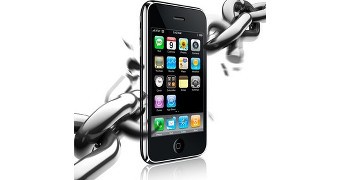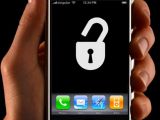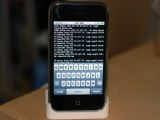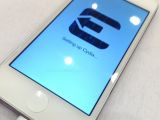Once every few years, the Electronic Frontier Foundation taps regulators to convince them to legalize jailbreaking, or at least come up with exemptions that provide a certain degree of flexibility.
As highlighted by the non-profit digital rights group in a recent post on eff.org, jailbreaking isn’t just a commodity. It’s a necessity for some users, and its potential is severely underrated at the moment.
Why jailbreaking matters
The EFF makes a great case for the practice of circumventing a device’s restrictions, stating, “That's important because jailbreaking (or ‘rooting,’ on Android devices) has real-world implications for users' ability to use their phones and tablets effectively and securely.”
The group explains that “It may be a necessary step before installing security updates after a device has stopped being supported by the manufacturer. In other cases, it may help users install accessibility software that allows them to use a device despite disabilities.”
It’s true that jailbreaking can pave the way for security patches to make it onto an iDevice faster than Apple would permit it. Hackers have coded up fixes for some security issues before the people in Cupertino could release their own update. It’s cases like these that make jailbreaking relevant, though not necessarily recommended because of its other implications. As you may know, jailbreaking can also compromise the security of the device.
DMCA is a “smothering blanket rule”
The EFF presses onwards, noting that “Congress may not have envisioned iOS or Android when it passed the DMCA, but it recognized that the restrictions on ‘circumventing’ of DRM and similar mechanisms put a real burden on this sort of lawful speech.”
To address the situation, specific exemptions have been created, “to punch some [...] breathing holes into an otherwise smothering blanket rule,” the foundation remarks. The group strongly believes that fundamental change is needed in the way jailbreaking is seen today. It upholds that our devices are ours to do what we want with, and that includes installing any kind of software people desire.
Apple still can't be forced to change its mind
What the EFF seems to overlook is that Apple has never said jailbreaking was illegal, nor could the Cupertino company enunciate such a thing without permission from Congress. However, Apple does reserve the right to refuse servicing an iPhone on warranty if the technician finds evidence that the phone has been jailbroken.
While jailbreaking doesn’t instantly imply any hardware modification to the phone, over time, a jailbreak can inhibit certain hardware functions, or supercharge these functions beyond their normal capacities. A hardware part that can be affected as a result of a jailbreak is the phone’s battery, for example.

 14 DAY TRIAL //
14 DAY TRIAL // 


